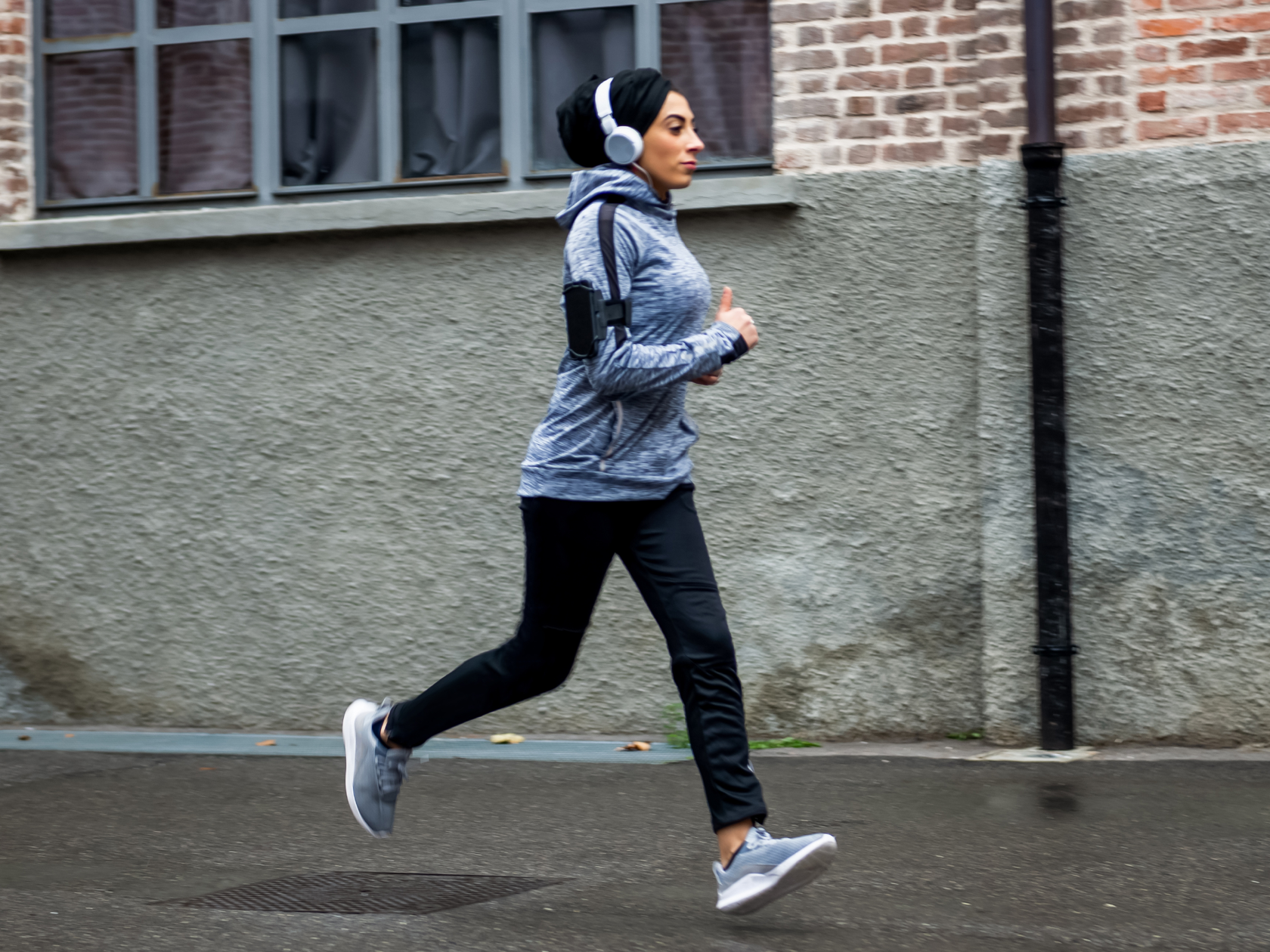Another benefit of a diverse microbiome could be more workout motivation – here’s why.
By now, most of us know that the benefits of a well-functioning gut aren’t just limited to improved digestion. The gut microbiome also impacts our mood, sleep and immune system, so it’s not something to neglect.
That’s particularly true as we head into new year and all the workout goals that come with it, as a recent study suggests that your gut health could also be responsible for your motivation.
You may also like
Struggling with exercise motivation? Eating more protein might help, a new study suggests
In the study – performed on mice – researchers found that some species of gut-dwelling bacteria activate nerves that promote the desire to exercise. Published in the journal Nature, it was shown that differences in running performance were largely linked to the presence of certain gut bacterial species.
In particular, researchers measured the amount of daily voluntary wheel running the animals did, as well as their endurance. They found that gut bacteria was even more important than genetics when it came to the amount of exercise performed, as well as the distance covered. When they gave the mice antibiotics to get rid of their gut bacteria, the mice’s running performance reduced by about half.

In particular, strains of eubacterium rectale and coprococcus eutactus — forms of bifidobacteria —were shown to produce the metabolites that encouraged motivation.
“The researchers suggest that these species produce a special fatty acid when they ferment our food called fatty acid amides (FAAs),” explains dietitian Sophie Medlin, founder of City Dietitians. “FAAs stimulate a particular receptor in the vagus nerve, which connects the gut and the brain.
“When this receptor is stimulated, you receive a bigger dopamine hit from exercising than when you don’t have these bacteria and these receptors are not activated. This means that if you have these particular bacterial species, you are mentally and physically much more likely to want to engage in exercise and potentially to persevere through longer, tougher workouts because the chemical reward you get when you do so is greater.”
You may also like
Can the protein-rich dopamine diet make you happier and stronger? We asked an expert
While this particular mechanism needs more research, especially in humans, bifidobacteria is already shown to have a big impact on mood disorders that are often associated with a lack of motivation to exercise.
One study from 2017 found that supplementing with bifidobacterium reduces depression and increased quality of life in patients with IBS, while research from the Brain, Behaviour and Immunity journal found that this strain of bacteria reduced overall sad mood, rumination and aggressive thoughts.
Bifidobacterium are also responsible for digesting carbs and fibre, as well as producing B-vitamins, meaning your body might be more likely to have the energy to get through any tough activities.
“This gut-to-brain motivation pathway might have evolved to connect nutrient availability and the state of the gut bacterial population to the readiness to engage in prolonged physical activity,” said study co-author, J. Nicholas Betley, PhD, an associate professor of biology at the University of Pennsylvania’s School of Arts and Sciences. “This line of research could develop into a whole new branch of exercise physiology.”
You may also like
Mental health foods: what are phytonutrients and do they support brain function?
Medlin says: “If you’re someone who struggles to maintain a balanced diet and you feel very stressed, a lack of these bacteria may contribute to the fact that it feels more difficult to exercise regularly when we’re not looking after ourselves so well.”
To feed bifidobacteria, she recommends ensuring your diet is full of foods that are rich in substances called polyphenols, found in brightly coloured fruits and vegetables as well as wholegrains, cocoa, green tea and even red wine. “We are not at a stage of being able to identify what specific foods you can eat to encourage the populations of specific bacteria yet so the best bet if you want to have more of the bacteria that support positive exercise behaviours is to eat a well balanced diet with plenty of plants,” she adds.
Images: Getty
Source: Read Full Article
